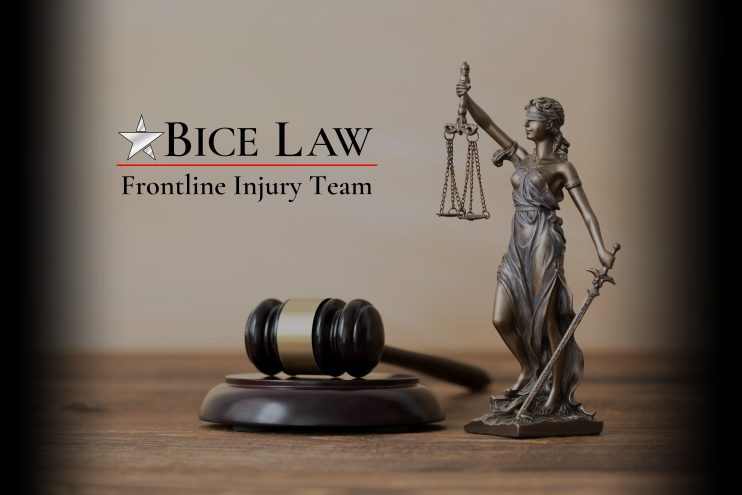To initiate a lawsuit in a personal injury case, we will draft legal documents known as a Summons and Complaint.
After the case is filed, we need to serve these legal documents on the opposing parties in the case. This is often done by a sheriff’s deputy or a process server.
Once the defendant has been served, he or she has up to 60 days to file an Answer. The Answer often has little helpful information, other than the defendant denying the allegations of the Complaint.
After the Answer is filed, we engage in “Discovery” with the defendant’s attorney. Discovery is the collective name for several types of information-gathering tools. The first step is normally written discovery, when both sides send each other Requests for Admissions, Interrogatories, and Requests for Production of Documents. The parties have up to 60 days to respond to these written requests. We will contact you to discuss our responses to these written requests.
Depositions may happen next, depending on the type of case. You, the defendant, witnesses, and experts could all be deposed, providing testimony under oath about the injury and treatment you received.
After the completion of discovery, most cases go to mediation. In mediation, all the parties get together in an informal setting with an independent third-party mediator, usually another attorney who has nothing to do with the case. The mediator facilitates a discussion between the parties to express and exchange their differing points of view, reevaluate their positions, and attempt to reach a compromise and settlement.
Certain types of cases may end up in arbitration. In arbitration, the parties get together in an informal setting with an independent third-party called an arbitrator. Unlike mediation, the arbitrator’s role is more like that of a judge and jury, because the arbitrator will listen to both sides of the case and then make a decision to resolve the matter. If your case gets ordered to either mediation or arbitration, we will contact you and discuss in more detail.

